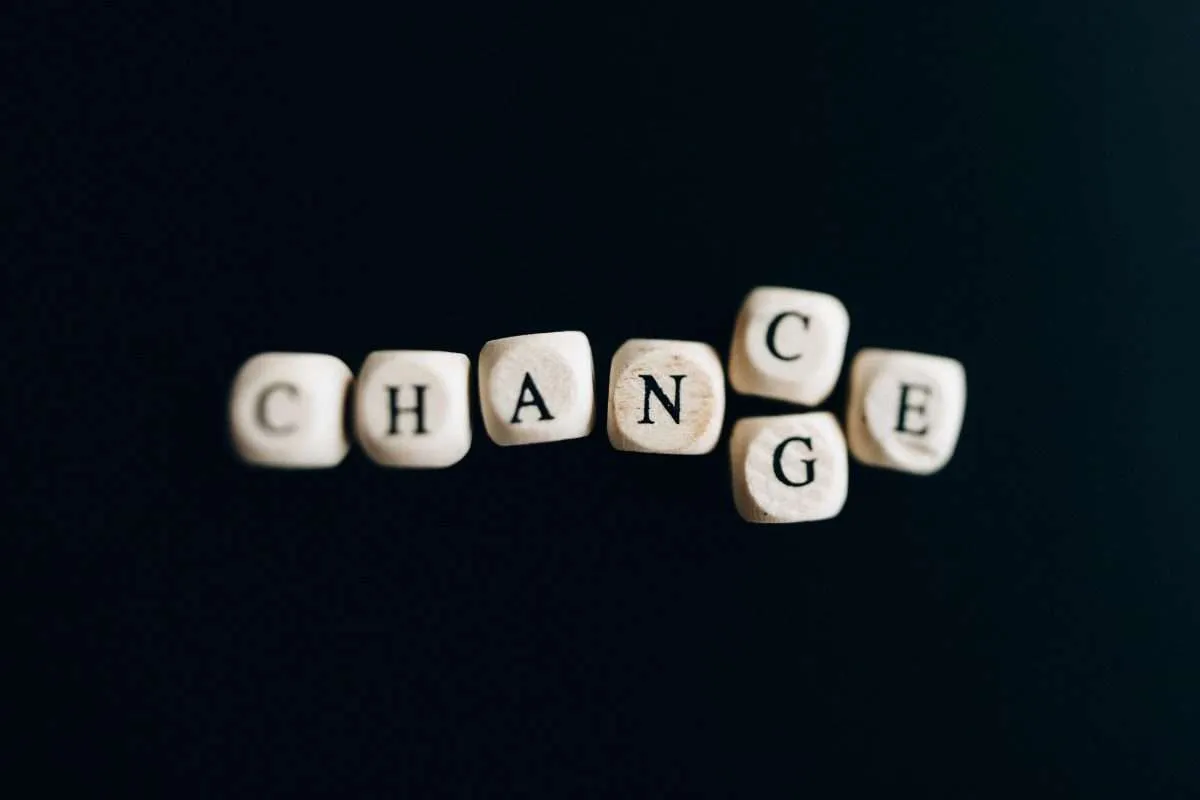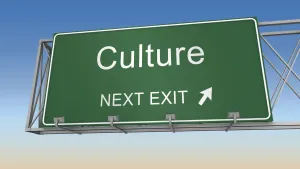It is vital to stress that sociology as a scientific discipline has a strong relationship with the study of rapid changes and responses in any given society, hence the whole aim of this article is to critically analyse the concept of social change as a medium of modern development. Despite individuals’ desire for stability, society—being a dynamic entity—undergoes phenomenal and incessant movement, which is an ongoing process. Therefore, it is the objective of this piece to trail the definitions of erudite scholars of sociology to gain the true picture of what the concept of social change entails.
Definitions of Social Change
The search for social change is a quintessential essence in sociology not only because it is a study of the past history, but because it also investigates the posterity which transforms into future development. It is on this basis that I argue that social change is a medium of growth in the entire universe. Let us have a glimpse of the definitions.
A Change in Social Relationships
In a published research article in 2017, Shelly Shah argued that social change is nothing but a process of response to types of changes such as artificial social conditions of living or the biological nature of things. This argument was given to support the definition of Robert Maclver in 1920, which posits social change simply means a change in social relationship.
Social Change Involves Specific Variables
From his own point of view, Wilmot in 1985 says social change is the “alteration in the source and the organization of society or rather put their component parts overtime.” Trying to explain this, he says the alteration may be seen in the lens of four variables, which include the following:
- size
- complexity
- direction
- function
Invariably, the fluctuation in any of the factors listed above we have an effect on the other. Thus, a modification in complexity will affect direction. A course lecturer in his paper submitted for the school’s journal, Solomon Ojo (Unibadan, Nigeria), projected that all these could only be effective and possible through intentional or deliberate policies, giving a prototype illustration to be the creation of local government areas from the already existing ones in the jurisdictional scope of a large government.
A Flux in Societal Ideals
Others, such as MacGee in 1977, called social change the flux in the ideals of social organization or activity. A thorough scrutiny shows that this definition places much emphasis on the transformational reforms attached to the older skins of the society.
Hence, it can be said that:
- The system of social change engulfs not the financial but also the socio-political and other structures of the society.
- It is probable that social change may be subtle, slow or sudden.
Social Change Involves Alterations in Social Structures
Using the postulation of International Encyclopedia of the Social Sciences published 1972, social change could be described as the “important alterations that occur in the social structure, or in the pattern of action and interaction in societies.” A review of this definition by the Foundation of Sociological Advancement in 1960 argues that this sort of alteration may be seen to occur in either norms, symbols, values, cultural outcomes, roles or institutions.
A theoretical approach of Judson Landis describes it to be a kind of change in the normal functions and structure of social relationships in the society. Narrowing it down, Lundberg of the American Sociology Society (1962) asserts that it is any “reformative shift in the known models of human relationship and regulative actions.” It is no wonder that Koenig testifies that it occured in the life culture of people.
In an interview conducted by MOTMEDIA and Southern New Hampshire University with Theo Spanos Dunfey who is the Director of the Global Citizens Circle in May, 1979 he defines social change the “way human interactions and relationships transform cultural and social institutions”.
It can be deduced from the above varied definitions that:
- Social change is a process of alteration without with no reference to the quality of change. This in line with its etymological derivations.
- Change in the society are in every way related possibly to changes in culture. This has developed to a fresh neological term called “socio-cultural”, hence both the culture and social values of a community will be tremendously affected when there is a change in any society.
- Social change means human behavior as it involves inter-relational actions.
- There is resistance to change. Identified by David Morgan in his Social Theory (1979), societies are ranked in the three categories of savagism, barbarism and civilisation. All of these three things occurred as a result of the penetrable resistance of change, the mechanism of which are economic factor or the loopholes in the modern inventions at an earlier stage.
- There is a vivid variation between concept such as evolution and progress then social change. For this sake, sociologists tend to distinguish between the two and August Comte talked on human intellect as progress, further arguing that these are just allied matters as the change in a political discourse is a neutral one.
Final Thoughts on Social Change as a Sociological Concept
To give a conclusion, I will posit that change is an inevitable global occurrence aligned with the evolution and progress (apects) of any society by which the extent of development is gauged. All said and done, a nutshell has it that social change is a responsive continuum though it may be resisted if it is not adaptable. Nevertheless, the concept of social change is very essential in sociology, hence it is introduced into the syllabus of every university.







